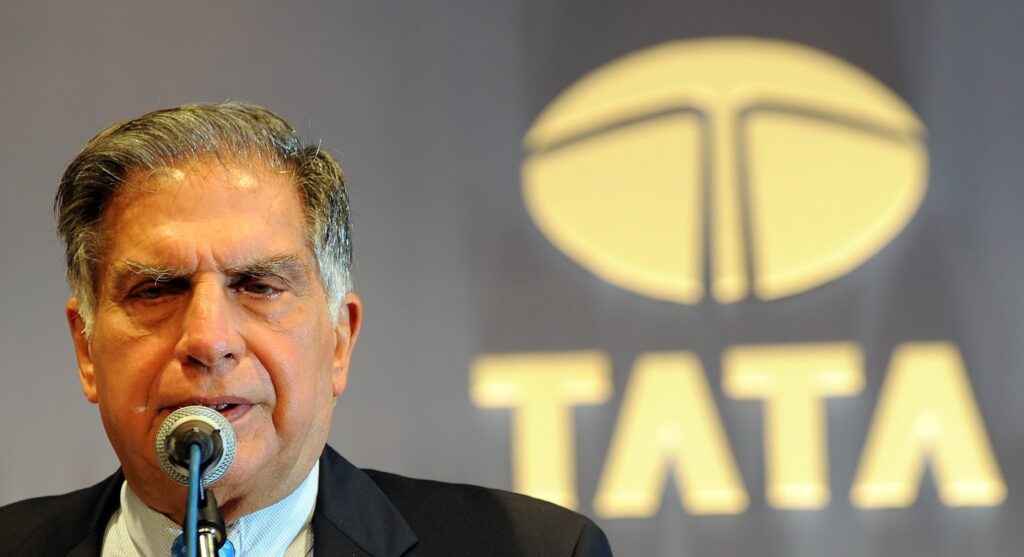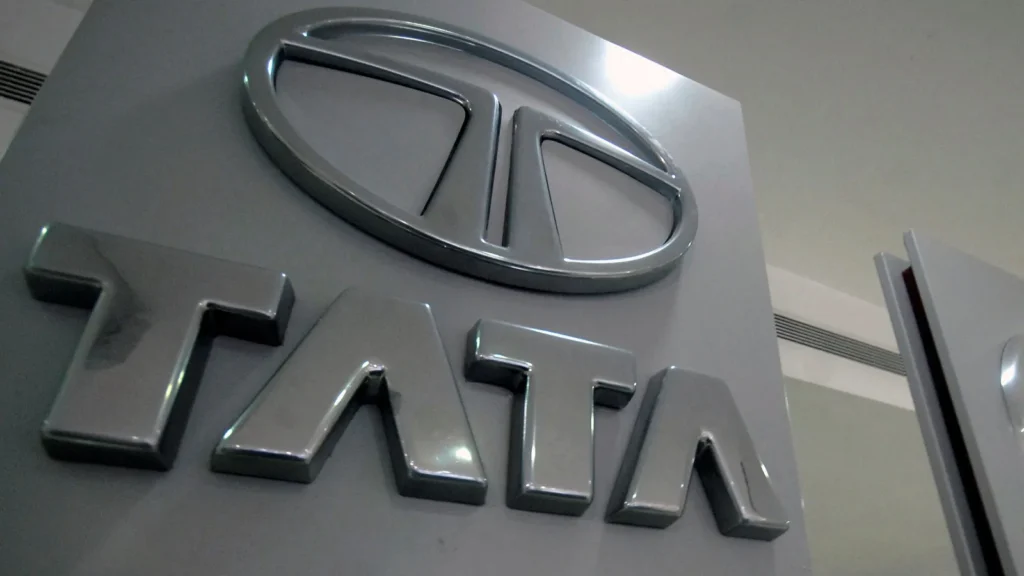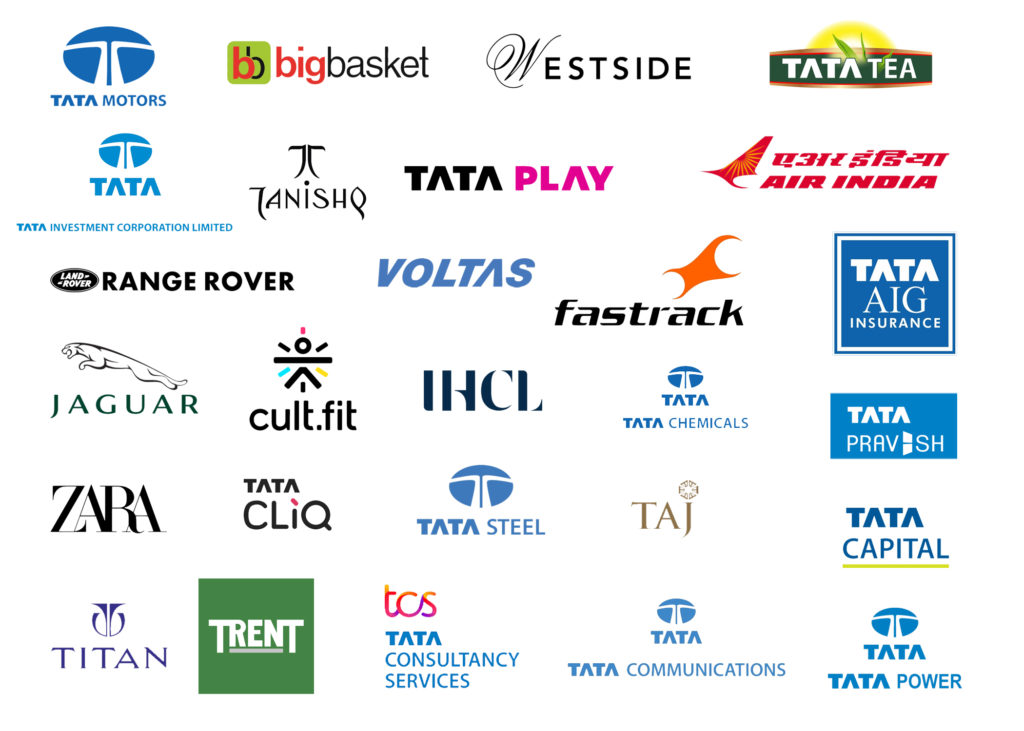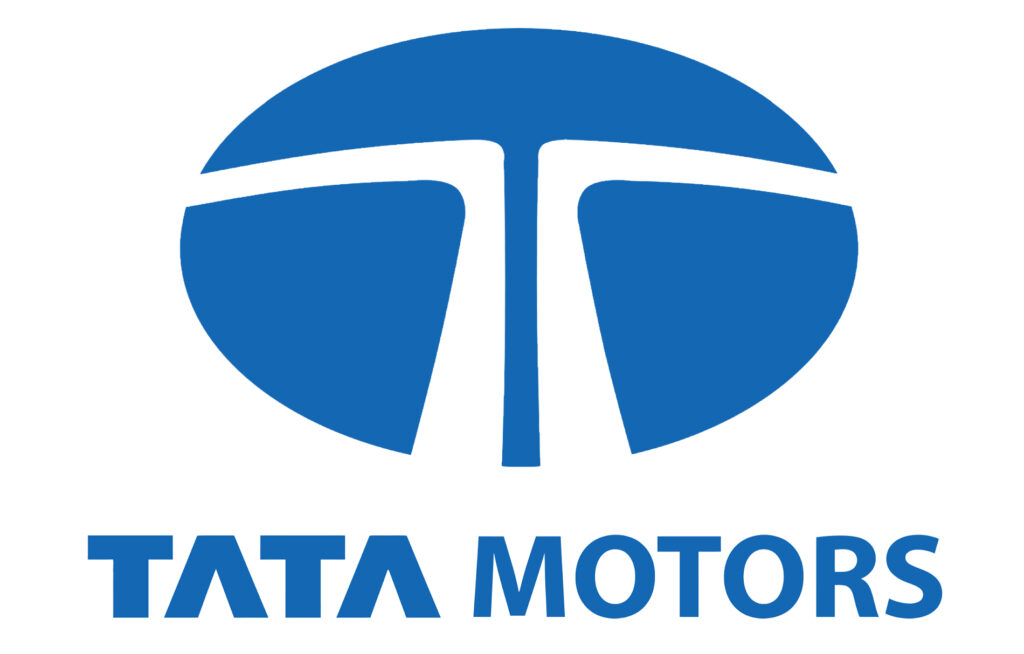Tata Motors, a name synonymous with India’s automobile prowess, has lengthy been a focal point for investors in search of exposure to the u . S .’s burgeoning transportation zone. As considered one of India’s biggest vehicle manufacturers, Tata Motors plays a pivotal function in shaping the industry’s landscape, making its stock a topic of eager hobby for each home and global traders.
Founded in 1945, Tata Motorshas grown from a nearby producer to a worldwide automobile participant. The organization’s various portfolio spans passenger vehicles, business automobiles, and comfort manufacturers, positioning it uniquely in the automotive marketplace.
Tata Motors’ importance in India’s automobile region cannot be overstated. As a homegrown logo, it’s been instrumental in riding innovation, developing employment, and contributing substantially to the united states of america’s economic boom. Its performance often serves as a barometer for the health of India’s production and automotive sectors.

History of Tata Motors
Tata Motors, originally set up as Tata Engineering and Locomotive Company (TELCO), began its journey in the automobile enterprise via production locomotives. The corporation’s foray into business vehicle manufacturing in 1954 marked the start of its transformation right into a complete-fledged automobile manufacturer.
Key milestones and achievements
Over the many years, Tata Motors has accomplished numerous milestones:
- 1954: Launch of the primary industrial vehicle
- 1998: Introduction of Tata Indica, India’s first indigenously developed passenger vehicle
- 2004: Listed on the New York Stock Exchange
- 2008: Acquisition of Jaguar Land Rover from Ford Motor Company
- 2009: Launch of Tata Nano, the sector’s most inexpensive car at the time
- 2020: Unveiled the Tata Nexon EV, marking a great step into the electrical vehicle market
These milestones underscore Tata Motors’ journey from a nearby participant to a international automobile force, every fulfillment contributing to its inventory’s narrative and investor attraction.

Tata Motors’ Business Segments
Tata Motors operates across three primary enterprise segments, each contributing to its standard monetary fitness and inventory overall performance.
Passenger automobiles
The passenger automobile section has visible a resurgence in recent years, with fashions like the Nexon, Harrier, and Altroz gaining recognition. This department’s performance is critical for buyers, because it displays the employer’s capacity to compete within the fantastically competitive Indian car marketplace.
Commercial vehicles
Historically, Tata Motors’ bread and butter, the industrial automobile section, encompasses a extensive range of merchandise from small pickup trucks to massive haulage trucks. This segment’s overall performance often correlates with India’s economic fitness, making it a key indicator for traders.
Jaguar Land Rover
The acquisition of Jaguar Land Rover (JLR) in 2008 catapulted Tata Motors onto the worldwide luxury automobile stage. JLR’s overall performance notably affects Tata Motors’ financials and inventory fee, often appearing as a double-edged sword – presenting good sized sales however additionally exposing the organization to worldwide market fluctuations.
Financial Performance
Understanding Tata Motors’ economic overall performance is important for any investor thinking about its inventory.
Recent quarterly results
In the maximum current region (as of my last replace in April 2024), Tata Motors stated [insert latest quarterly results, e.G., revenue growth, profit margins, etc.]. These consequences [provide a brief analysis of how these results compared to market expectations and previous quarters].
Annual performance tendencies
Over the beyond 5 years, Tata Motors has proven [describe the overall trend in annual performance, e.G., steady growth, fluctuations, recovery from setbacks]. Key highlights include:
- Revenue trend
- Profit margin evolution
- Debt reduction efforts
- Performance of person segments (passenger motors, industrial automobiles, JLR)
Key financial ratios
Investors frequently depend upon financial ratios to gauge a company’s health. For Tata Motors, key ratios to bear in mind consist of:
- Price-to-Earnings (P/E) Ratio: [Current P/E ratio]
- Debt-to-Equity Ratio: [Current D/E ratio]
- Return on Equity (ROE): [Current ROE]
- Current Ratio: [Current ratio]
Stock Market Performance
Analyzing Tata Motors’ stock market overall performance provides crucial insights for capability investors.
Historical inventory fee analysis
Over the beyond decade, Tata Motors Stock has skilled [describe the overall trend, e.G., significant volatility, steady growth, etc.]. Key points encompass:
- Highest fee factor: [Date and price]
- Lowest price factor: [Date and price]
- Notable rate movements and their catalysts
Comparison with enterprise benchmarks
When as compared to enterprise benchmarks just like the Nifty Auto Index or global automobile indices, Tata Motors has [outperformed/underperformed/kept pace]. Factors contributing to this overall performance consist of:
- Domestic marketplace proportion gains/losses
- JLR’s performance in international markets
- Impact of financial cycles on commercial vehicle sales
Understanding those traits enables traders contextualize Tata Motors Stock overall performance in the broader automotive industry panorama.

Factors Influencing Tata Motors Stock
Several key elements make contributions to the movement of Tata Motors’ stock fee, reflecting both employer-precise and broader market dynamics.
Domestic market conditions
The Indian car marketplace plays a crucial role in Tata Motors’ performance. Factors encompass:
- Consumer call for for passenger vehicles
- Infrastructure improvement riding industrial vehicle income
- Government initiatives like “Make in India” and automobile rules
Global monetary elements
As a employer with significant worldwide publicity through JLR, worldwide monetary conditions heavily have an effect on Tata Motors Stock:
- Exchange rate fluctuations, specifically GBP and USD in opposition to INR
- Economic health of key markets like China, US, and Europe
- Global exchange guidelines and price lists
Technological advancements
The car enterprise is present process rapid transformation, and Tata Motors’ edition to those adjustments impacts investor sentiment:
- Electric vehicle (EV) technology development and adoption
- Autonomous using capabilities
- Connected automobile technologies
Investors intently display Tata Motors’ development in these regions as they’re seen as key to destiny competitiveness and boom.
SWOT Analysis
A SWOT analysis offers a structured take a look at Tata Motors’ role inside the marketplace.
Strengths
- Strong emblem popularity in India
- Diverse product portfolio throughout segments
- Ownership of luxurious manufacturers (Jaguar Land Rover)
- Robust distribution community in India
Weaknesses
- High dependence at the Indian marketplace for industrial motors
- Historically lower earnings margins compared to some competition
- Fluctuating performance of JLR impacting normal financials
Opportunities
- Growing demand for electric cars
- Expansion in rising markets
- Potential for extended market share in passenger motors
Threats
- Intense opposition in both home and global markets
- Regulatory challenges, such as emission norms
- Economic slowdowns affecting car call for
This SWOT evaluation facilitates traders recognize the complicated dynamics affecting Tata Motors’ modern-day function and destiny possibilities.

Competitive Landscape
Understanding Tata Motors’ position relative to its competitors is critical for assessing its stock’s ability.
Domestic competition
In India, Tata Motors faces stiff opposition from both nearby and global manufacturers:
- Maruti Suzuki: Leader within the passenger car section
- Mahindra & Mahindra: Strong competitor in SUVs and industrial cars
- Hyundai and Kia: Gaining marketplace share in passenger motors
Tata Motors’ marketplace share and growth in contrast to these competition are key indicators for investors.
International competitors
Globally, specially thru JLR, Tata Motors competes with:
- German luxury manufacturers: BMW, Mercedes-Benz, Audi
- Other luxurious automakers: Lexus, Volvo
JLR’s overall performance towards those competitors in key markets like China, Europe, and North America significantly influences Tata Motors’ universal monetary fitness and inventory performance.
Electric Vehicle Strategy
Tata Motors’ approach to electric automobiles (EVs) is increasingly critical for its destiny growth and stock valuation.
Current EV services
Tata Motors has made sizeable strides in the EV market:
- Tata Nexon EV: One of India’s high-quality-selling electric powered automobiles
- Tata Tigor EV: Catering to the sedan section
- Plans for electric versions of current popular fashions
Future EV plans and investments
The enterprise’s dedication to electrification is obvious in its future plans:
- Investment in EV technology and infrastructure
- Partnerships for battery generation and charging solutions
- Targets for EV sales as a percent of general vehicle sales
Investors carefully watch this space as achievement in EVs could be a primary driver of future inventory performance.

Jaguar Land Rover’s Impact
The performance of Jaguar Land Rover (JLR) is a crucial issue in Tata Motors’ general financial fitness and inventory valuation.
JLR’s contribution to sales
JLR typically bills for a huge portion of Tata Motors’ sales:
- Percentage of overall sales from JLR operations
- Profitability assessment between JLR and other segments
Challenges and possibilities in luxury phase
JLR faces specific challenges and opportunities:
- Competition from installed luxurious brands
- Transition to electric powered and hybrid motors
- Expansion in markets like China and North America
The success or struggles of JLR often have an outsized impact on Tata Motors’ stock price, making it a key region of attention for buyers.
Government Policies and Regulations
Government rules and regulations extensively have an effect on Tata Motors’ operations and, by way of extension, its inventory performance.
Impact of Indian automobile regulations
Several Indian government initiatives have an effect on Tata Motors:
- Production-Linked Incentive (PLI) scheme for the automobile area
- Vehicle scrappage coverage
- Emission norms and the push for cleanser vehicles
These regulations can create each opportunities and challenges for Tata Motors, influencing its market function and monetary performance.
Global regulatory challenges
As a global participant, Tata Motors should navigate diverse international policies:
- Emission requirements in Europe and different markets
- Safety guidelines across distinctive international locations
- Trade regulations and price lists affecting JLR’s operations
The enterprise’s ability to conform to these numerous regulatory environments influences its worldwide competitiveness and profitability.
Analyst Recommendations
Financial analysts’ perspectives on Tata Motors stock offer precious insights for capability traders.
Current rankings and target charges
As of [current date], the consensus amongst analysts masking Tata Motors is [overall sentiment, e.G., predominantly positive, mixed, etc.]. Key factors encompass:
- Average goal rate: [Insert current average target price]
- Range of target expenses: [Lowest to highest]
- Percentage of Buy/Hold/Sell hints
Bull and bear cases
Analysts present various views on Tata Motors’ destiny:
Bull case:
- Strong healing in Indian car market
- Successful transition to EVs
- Improved performance of JLR
Bear case
- Prolonged worldwide monetary slowdown affecting demand
- Increased opposition in key markets
- Challenges in assembly emissions policies price-efficiently
These numerous viewpoints spotlight the complex elements traders need to recall when comparing Tata Motors stock.
![Top Indian Swing Trading Stocks 2024 Swing trading : which entails holding stocks for few days to weeks.. can be successful for patient traders who understand market dynamics. These 20 popular Indian stocks are good for swing trading: [ Disclaimer: Stock investing is risky. Before investing.. you must investigate and assess your risk tolerance. Investing in stocks involves risk. Its essential to conduct thorough research and consider your risk tolerance before making any investment decisions. This is just starting point. Its crucial to conduct thorough research and consider factors like market trends.. company financials & your individual risk tolerance before making any investment decisions. ]](https://mrfooll.com/wp-content/uploads/2024/08/5b192558e2318f48da011541b0d89fa7d1a32e40-1024x683.jpeg)
Dividend History and Policy
Tata Motors’ dividend policy is an crucial attention for earnings-centered traders.
Past dividend payouts
Historical dividend trends:
- Frequency of dividend bills
- Dividend yield over the past 5 years
- Consistency or volatility in dividend payouts
Future dividend expectancies
Factors influencing destiny dividends:
- Company’s stated dividend coverage
- Financial performance and coins glide projections
- Capital expenditure requirements, in particular for EV improvement
Investors must note that dividend bills may be prompted via various factors and are not assured.
Risks and Challenges
Investing in Tata Motors inventory comes with numerous risks and challenges that ability traders should be privy to.
Market volatility
The automobile enterprise is cyclical and touchy to financial conditions:
- Impact of monetary downturns on car sales
- Fluctuations in uncooked fabric expenses affecting profitability
Supply chain troubles
Recent worldwide occasions have highlighted supply chain vulnerabilities:
- Semiconductor shortages affecting production
- Dependence on worldwide suppliers for vital components
Currency fluctuations
As a organisation with vast international operations:
- Impact of INR-GBP and INR-USD alternate quotes on financials
- Currency hedging techniques and their effectiveness
Understanding these risks is vital for making knowledgeable investment selections regarding Tata Motors stock.

Future Outlook
The destiny possibilities of Tata Motors are vital in assessing its inventory’s capacity.
Growth projections
Industry analysts mission [insert growth projections for Tata Motors and the broader automotive sector]. Key regions of consciousness encompass:
- Expected market percentage in India’s passenger and industrial automobile segments
- Projected boom of JLR, mainly in key markets like China
- Anticipated penetration in the EV market
Potential catalysts for stock performance
Several factors should extensively effect Tata Motors’ stock within the coming years:
- Success of new version launches, specially inside the EV phase
- Improvement in JLR’s profitability
- Potential strategic partnerships or acquisitions
Investors need to closely monitor these regions as they may force destiny inventory performance.
Investor Considerations
Before investing in Tata Motors inventory, ability investors should weigh several elements.
Pros and cons of investing in Tata Motors
Pros:
- Exposure to India’s growing automobile market
- Diversified portfolio together with luxurious brands
- Potential for increase in EV phase
Cons:
- Vulnerability to monetary cycles
- Intense opposition in all segments
- Regulatory demanding situations and fees of technological transitions
Long-term vs. Brief-time period funding attitude
- Long-time period investors might awareness on Tata Motors’ strategic positioning and boom capability in emerging markets and new technology.
- Short-time period buyers have to be organized for volatility, as the stock may be sensitive to quarterly consequences and marketplace sentiment
